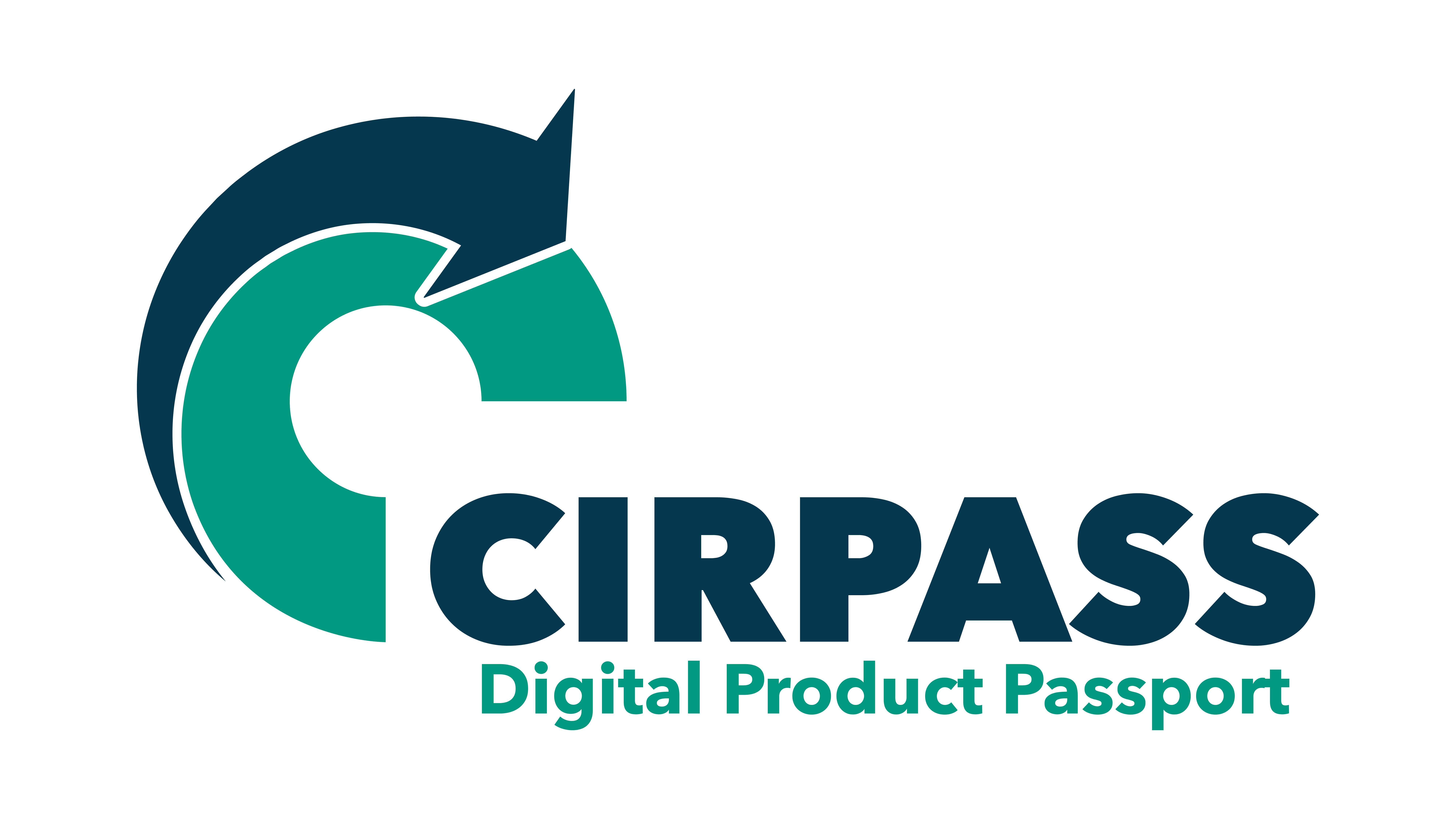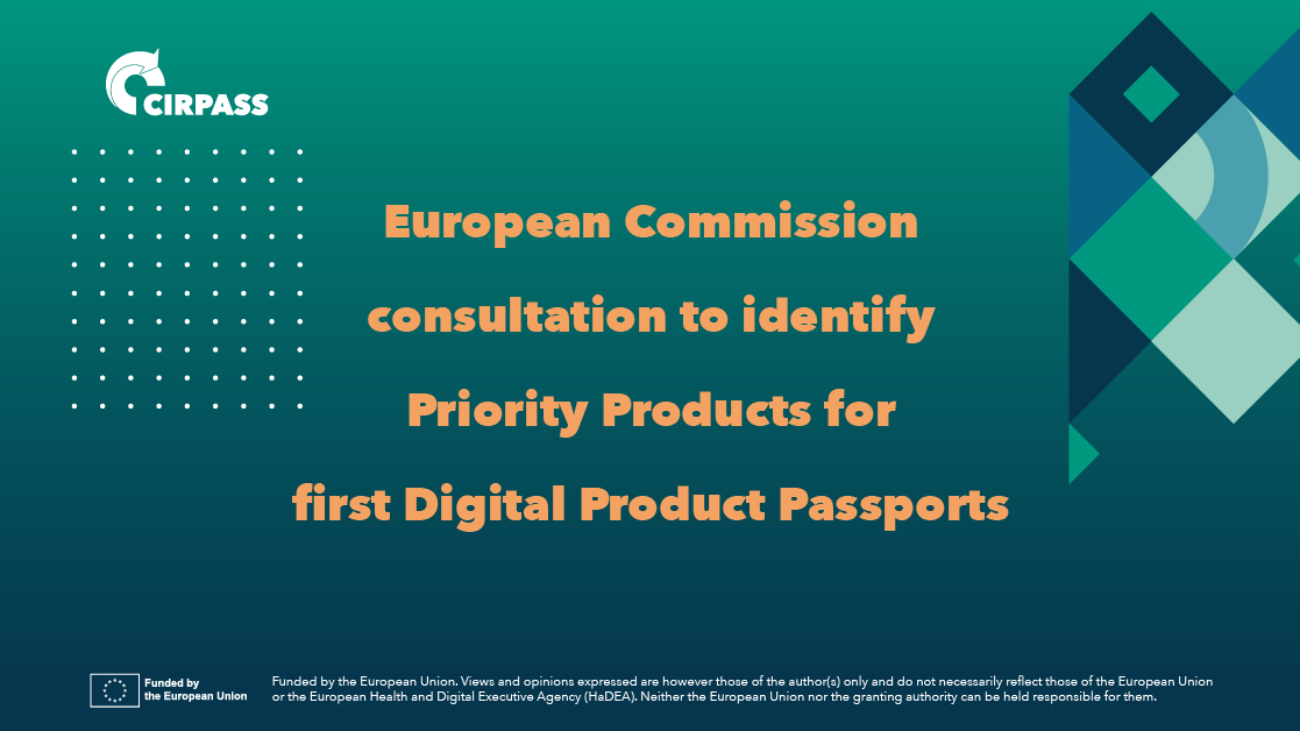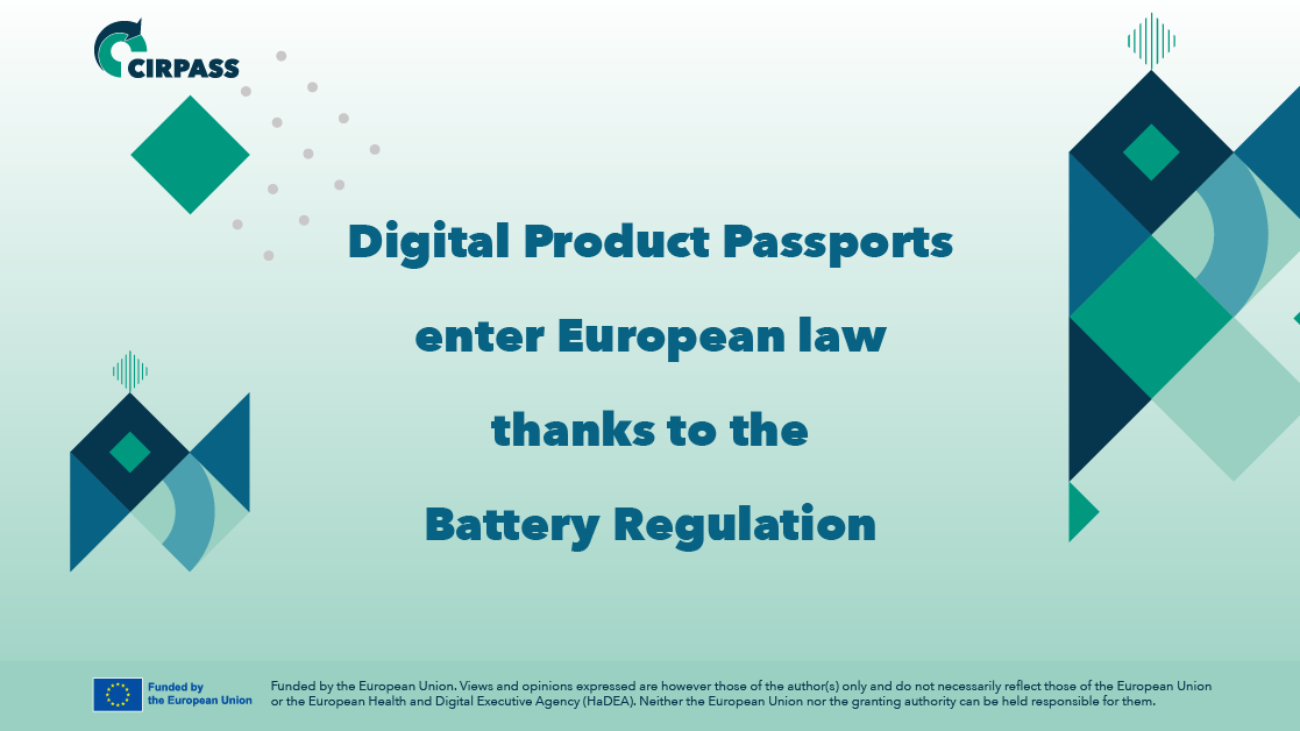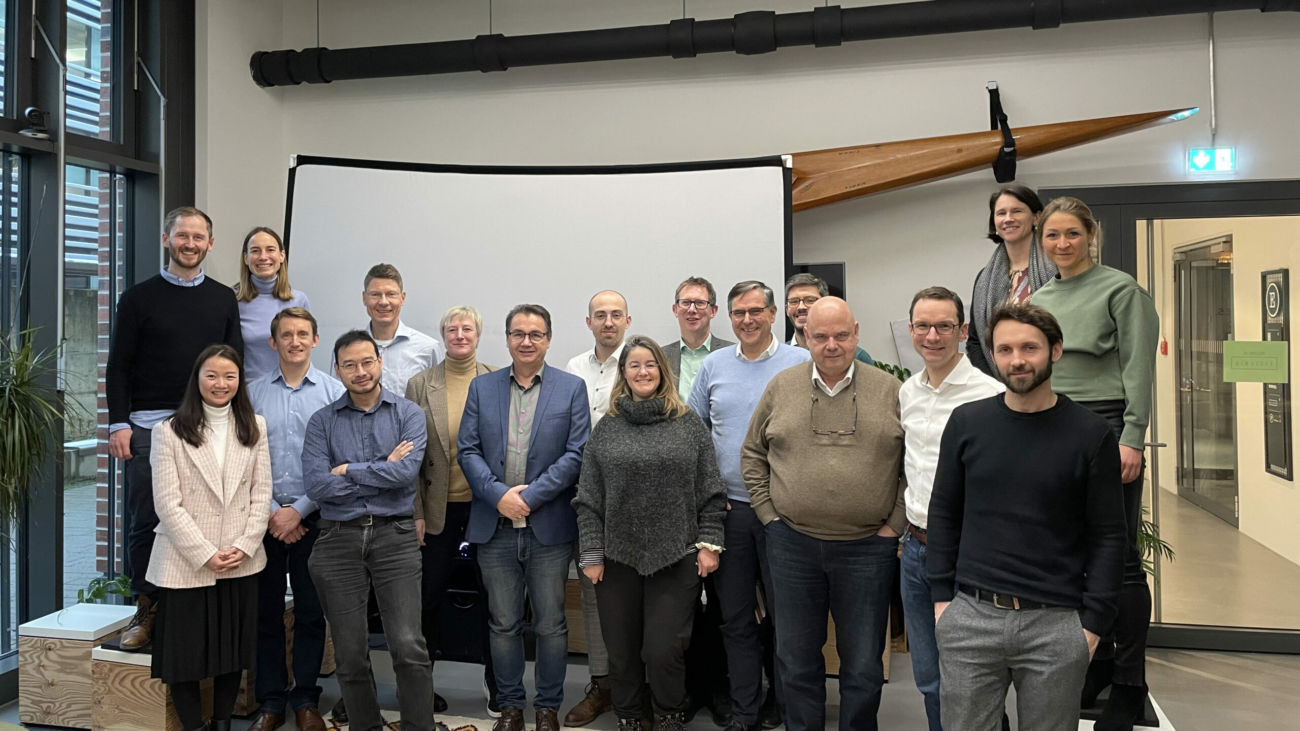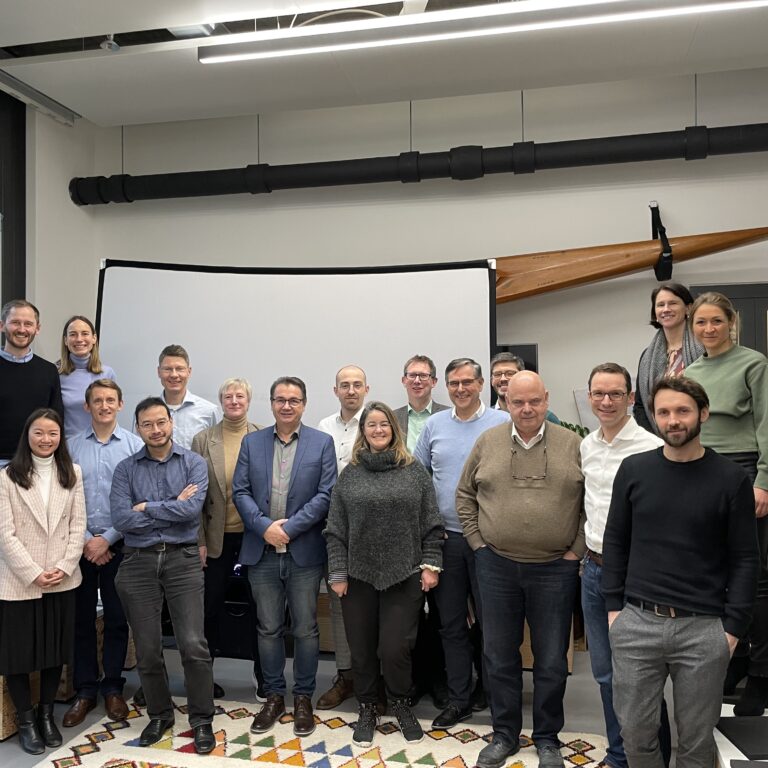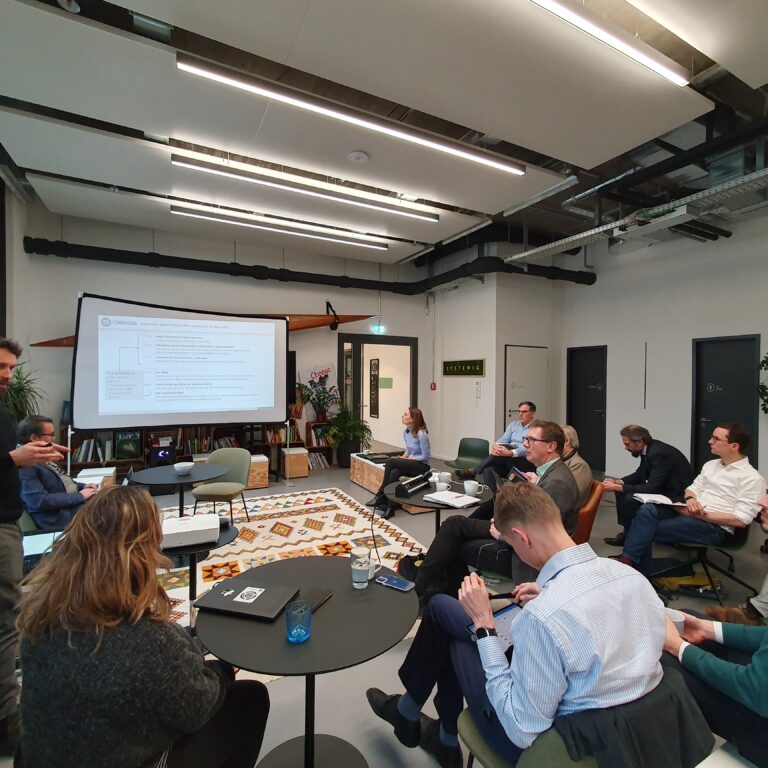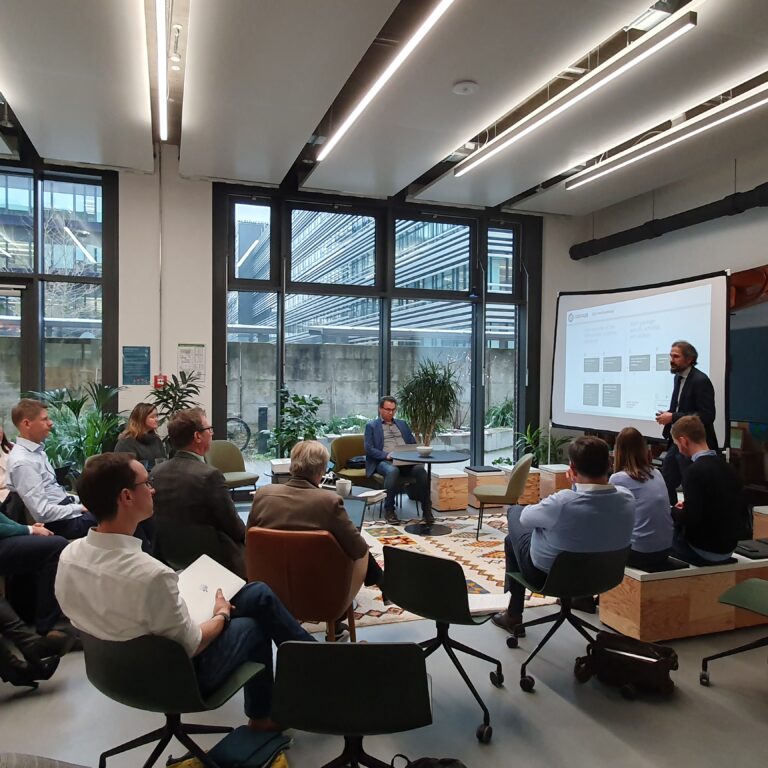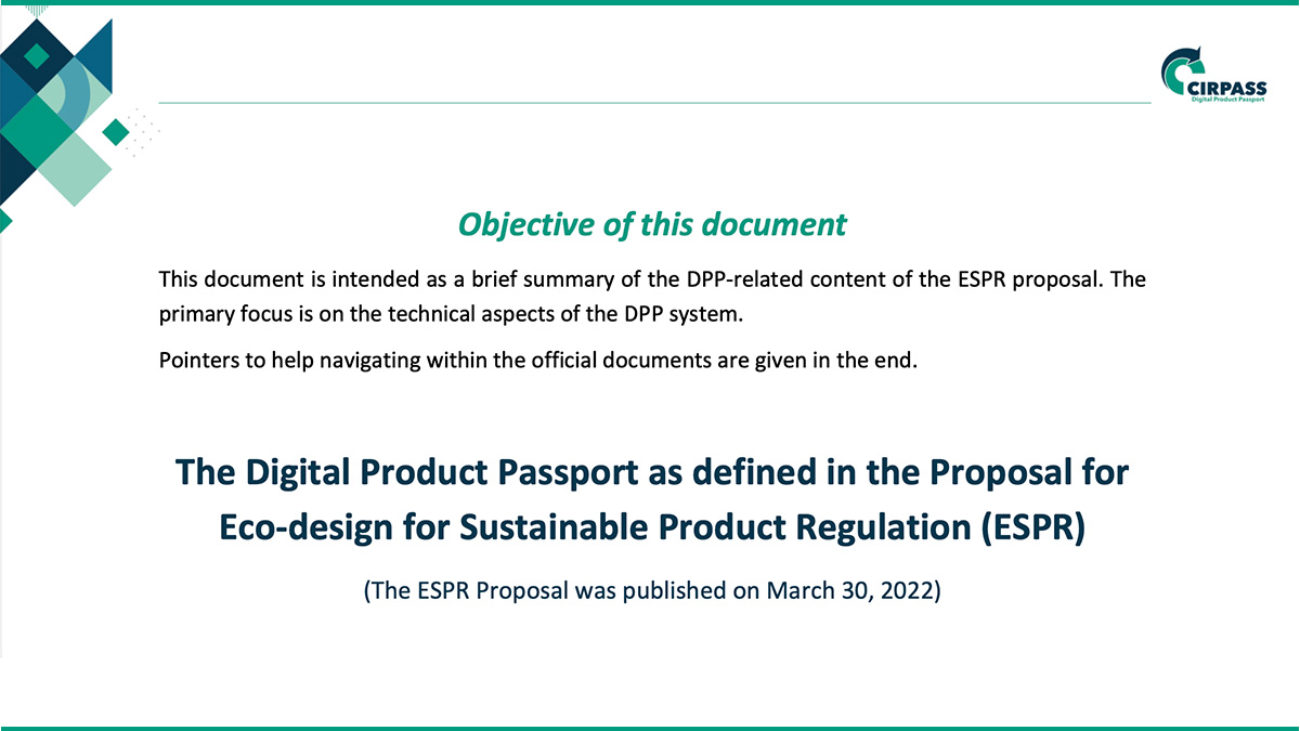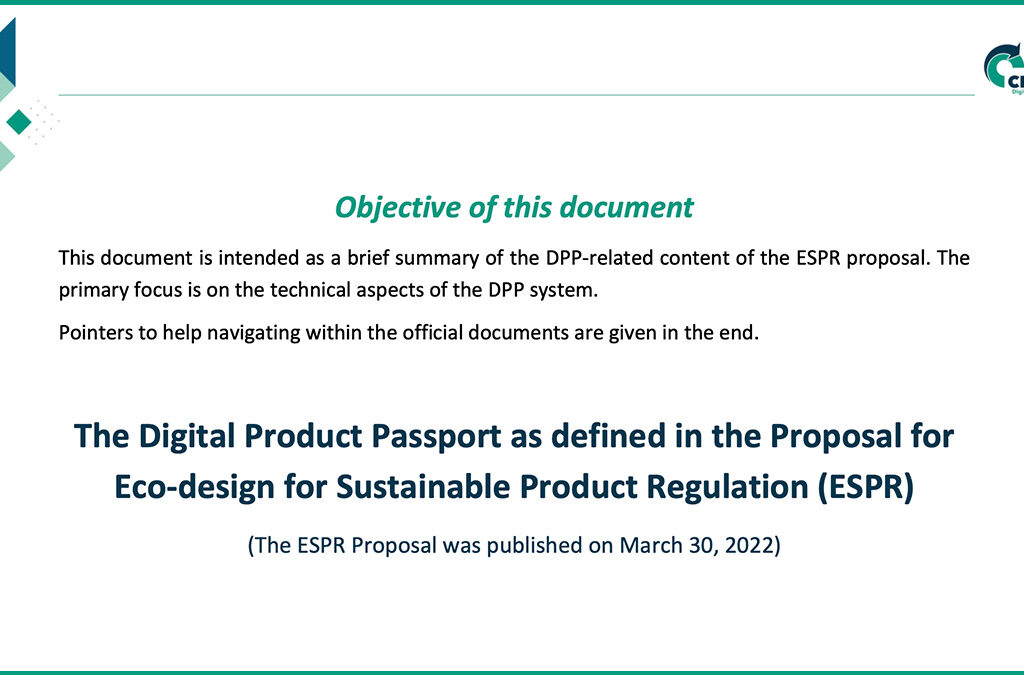The European Commission seeks views on which product categories to address first. The preliminary proposed list of 20 products includes:
- End-use products:
- Textiles and Footwear; Furniture; Ceramic Products; Tires; Detergents; Bed Mattresses; Lubricants; Paints and Varnishes; Cosmetic Products; Toys; Fishing Nets and Gears; Absorbent Hygiene Products.
- Intermediary products:
- Iron and Steel; Non-Ferrous Metals; Aluminum; Chemicals; Plastic and Polymers; Paper, Pulp Paper and Boards; Glass.
You can now respond to this consultation up to the 25th of April 2023, using the link below 👇
